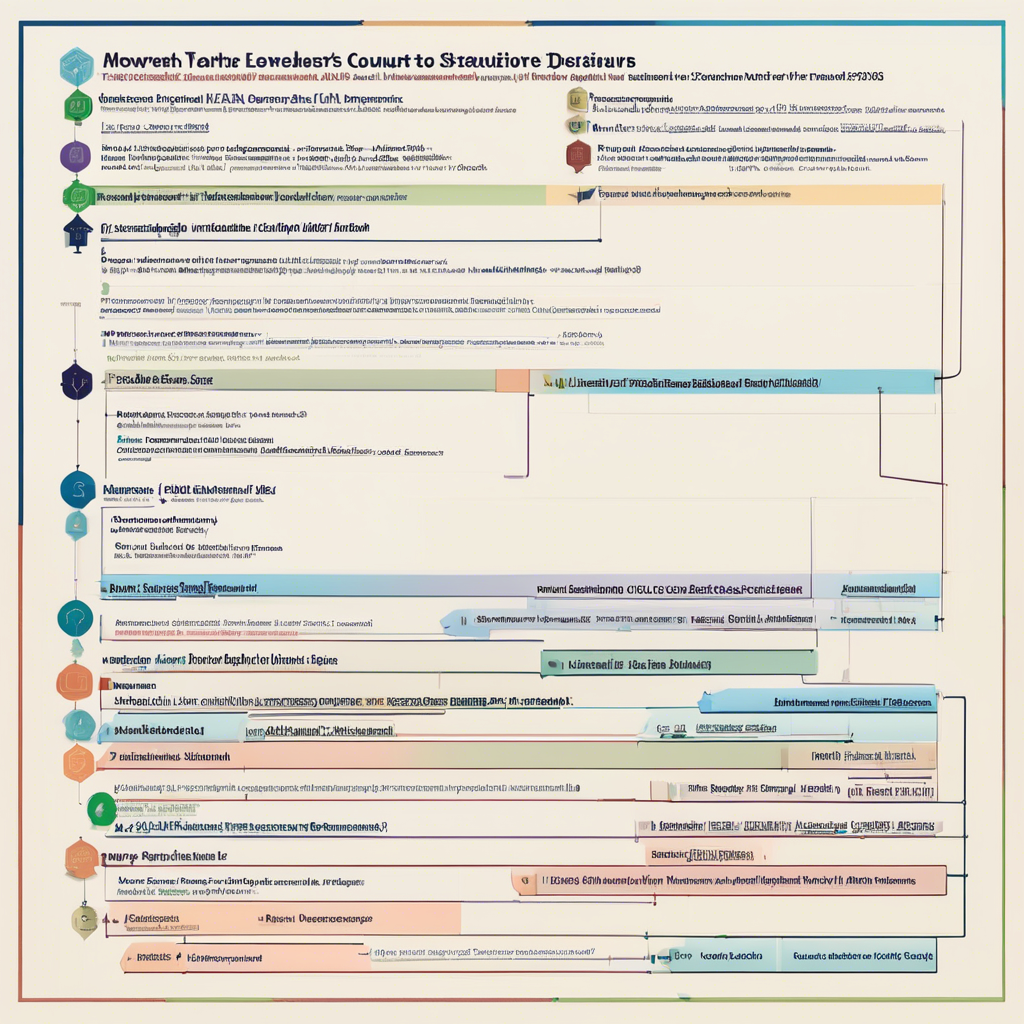MBA courses are designed to equip students with a solid foundation in business principles and management skills. The structure of an MBA program typically consists of core courses, elective courses, and practical experience components.
Core courses in an MBA program cover fundamental business topics such as finance, marketing, operations, and strategy. These courses provide students with a broad understanding of key business concepts and theories.
Elective courses allow students to tailor their MBA experience to their specific interests and career goals. These courses delve deeper into specialized areas such as entrepreneurship, healthcare management, or international business.
Many MBA programs also include experiential learning components such as internships, consulting projects, or global immersion trips. These practical experiences give students hands-on exposure to real-world business challenges and opportunities.
The duration of an MBA program can vary depending on the format. Full-time MBA programs typically last two years, while part-time programs can take anywhere from two to five years to complete.
In addition to coursework, many MBA programs also require students to complete a capstone project or thesis. This final project allows students to apply their knowledge and skills to a real-world business problem.
Some MBA programs offer specializations or concentrations that allow students to focus on a specific area of business such as finance, marketing, or supply chain management. These specializations can help students differentiate themselves in the job market.
The structure of an MBA program is designed to provide students with a well-rounded education that prepares them for leadership roles in the business world. Through a combination of coursework, practical experiences, and specialized learning opportunities, students develop the skills and knowledge needed to succeed in today’s competitive business environment.
MBA programs often emphasize teamwork and collaboration, as many business challenges require solutions that draw on multiple disciplines and perspectives. Students work closely with their peers to tackle complex problems and develop innovative solutions.
Many MBA programs also include opportunities for networking and professional development. Students have the chance to connect with industry professionals, attend guest lectures, and participate in career workshops to enhance their job prospects.
The structure of an MBA program is designed to be rigorous and demanding, requiring students to manage their time effectively and prioritize their academic and professional commitments. Time management skills are essential for success in an MBA program.
In addition to traditional classroom learning, many MBA programs also incorporate experiential learning opportunities such as case studies, simulations, and consulting projects. These activities help students apply their knowledge to real-world business situations.
The curriculum of an MBA program is constantly evolving to keep pace with changes in the business world. Many programs regularly update their course offerings to reflect the latest trends and developments in industries such as technology, finance, and healthcare.
Overall, the structure of an MBA program is designed to provide students with a well-rounded education that prepares them for successful careers in the business world. By combining academic coursework with practical experiences and specialized learning opportunities, MBA programs equip students with the skills and knowledge needed to excel in today’s competitive job market.
Whether you are a recent graduate looking to jumpstart your career or a seasoned professional seeking to advance to a leadership position, an MBA program can provide you with the tools and resources you need to achieve your goals. Consider exploring the diverse range of MBA programs available and find the one that best fits your interests and aspirations.
